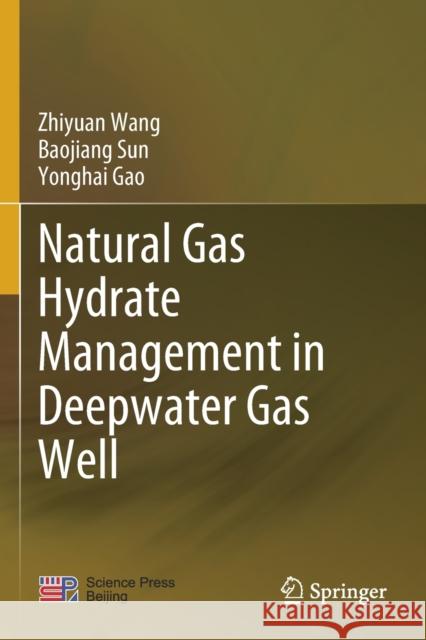Natural Gas Hydrate Management in Deepwater Gas Well » książka
topmenu
Natural Gas Hydrate Management in Deepwater Gas Well
ISBN-13: 9789811564208 / Angielski / Miękka / 2021 / 232 str.
Natural Gas Hydrate Management in Deepwater Gas Well
ISBN-13: 9789811564208 / Angielski / Miękka / 2021 / 232 str.
cena 362,27
(netto: 345,02 VAT: 5%)
Najniższa cena z 30 dni: 346,96
(netto: 345,02 VAT: 5%)
Najniższa cena z 30 dni: 346,96
Termin realizacji zamówienia:
ok. 22 dni roboczych.
ok. 22 dni roboczych.
Darmowa dostawa!
Kategorie:
Kategorie BISAC:
Wydawca:
Springer
Język:
Angielski
ISBN-13:
9789811564208
Rok wydania:
2021
Wydanie:
2020
Ilość stron:
232
Waga:
0.35 kg
Wymiary:
23.39 x 15.6 x 1.32
Oprawa:
Miękka
Wolumenów:
01
Dodatkowe informacje:
Wydanie ilustrowane











